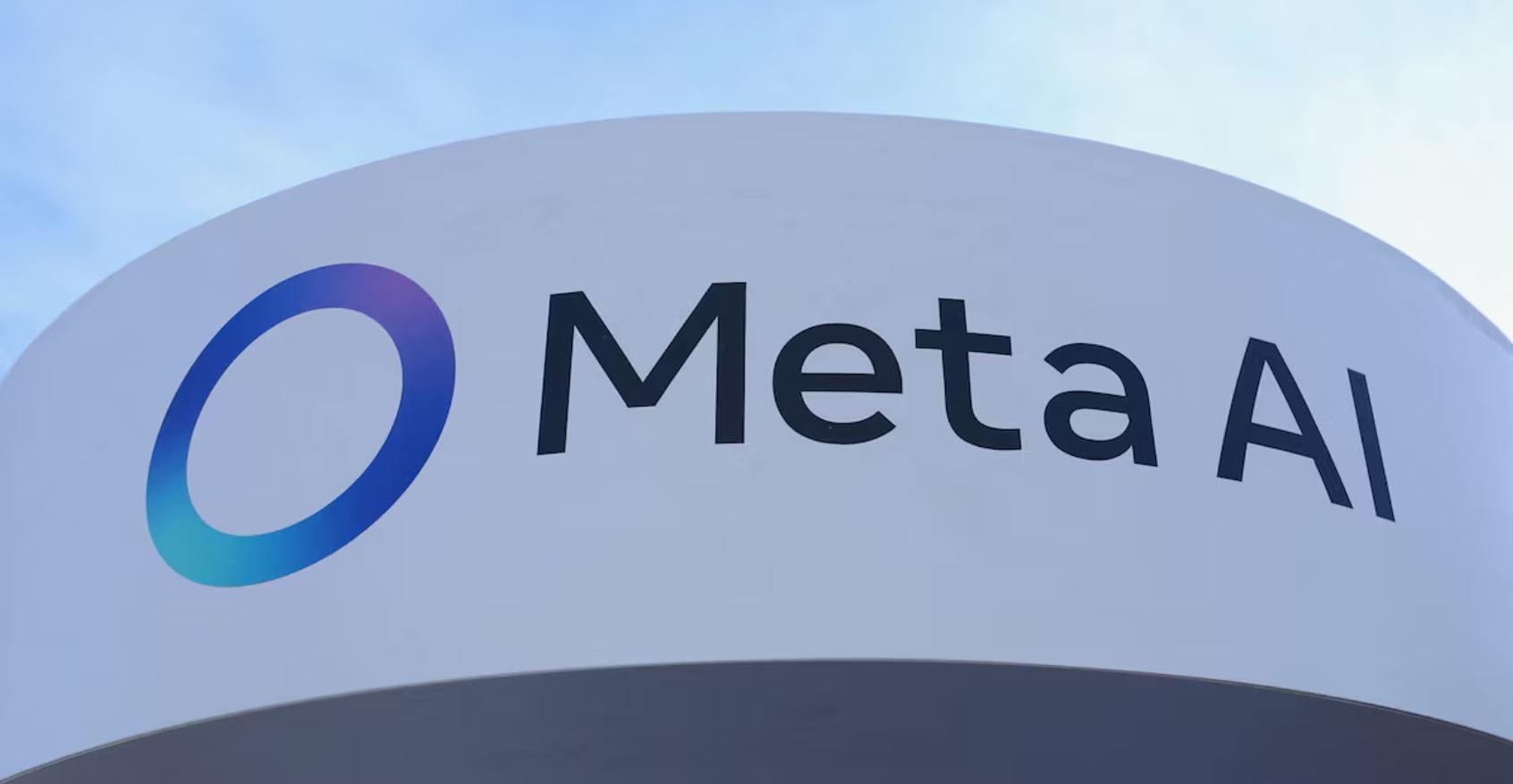 Meta has postponed the rollout of its new AI model, known internally as ‘Behemoth’, amid growing concerns over its performance improvements compared to earlier Llama versions. Engineers have been working hard, but the expected boost in capabilities still seems elusive, sparking questions about whether the model is ready for prime time.
Meta has postponed the rollout of its new AI model, known internally as ‘Behemoth’, amid growing concerns over its performance improvements compared to earlier Llama versions. Engineers have been working hard, but the expected boost in capabilities still seems elusive, sparking questions about whether the model is ready for prime time.
Following the announcement, Meta’s shares dipped by over 2% at Thursday’s close. The launch was initially planned for April during Meta’s inaugural AI developer conference, but it has now been rescheduled to June, with further delays into the autumn not ruled out.
Earlier in April, Meta introduced two smaller Llama models that won praise for the company’s rapid strides in generative AI. Despite this progress, there’s increasing pressure to demonstrate that Behemoth can deliver significant advances, especially as Meta plans to invest up to $65 billion this year in AI development.
Meta has maintained that Behemoth outperforms competitors such as OpenAI, Google, and Anthropic on certain benchmarks. However, insiders suggest that training difficulties may mean the model won’t meet its real-world performance targets. This isn’t a challenge unique to Meta; OpenAI has delayed GPT-5 in favour of an intermediate GPT-4.5, and Anthropic has also pushed back its larger model, Claude 3.5 Opus, with an imminent launch on the horizon.
The roots of Meta’s AI journey trace back to its Fundamental AI Research Team, the pioneers behind the original Llama models in early 2023. Subsequent changes in the team have raised concerns, especially after it emerged that the version of the model submitted to a popular AI chatbot leaderboard was specifically optimised for that benchmark rather than reflecting the publicly available iteration.
If you’ve ever wrestled with tight tech deadlines and high expectations, this delay serves as a useful reminder: even the most promising innovations can hit a few snags along the way. It’s a balancing act between ambitious targets and the complex realities of AI development.








